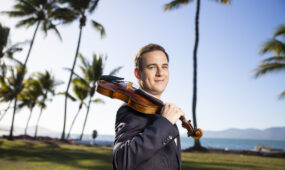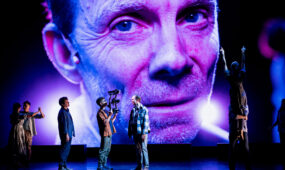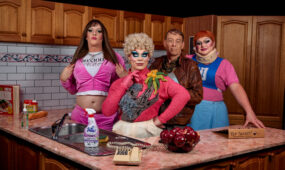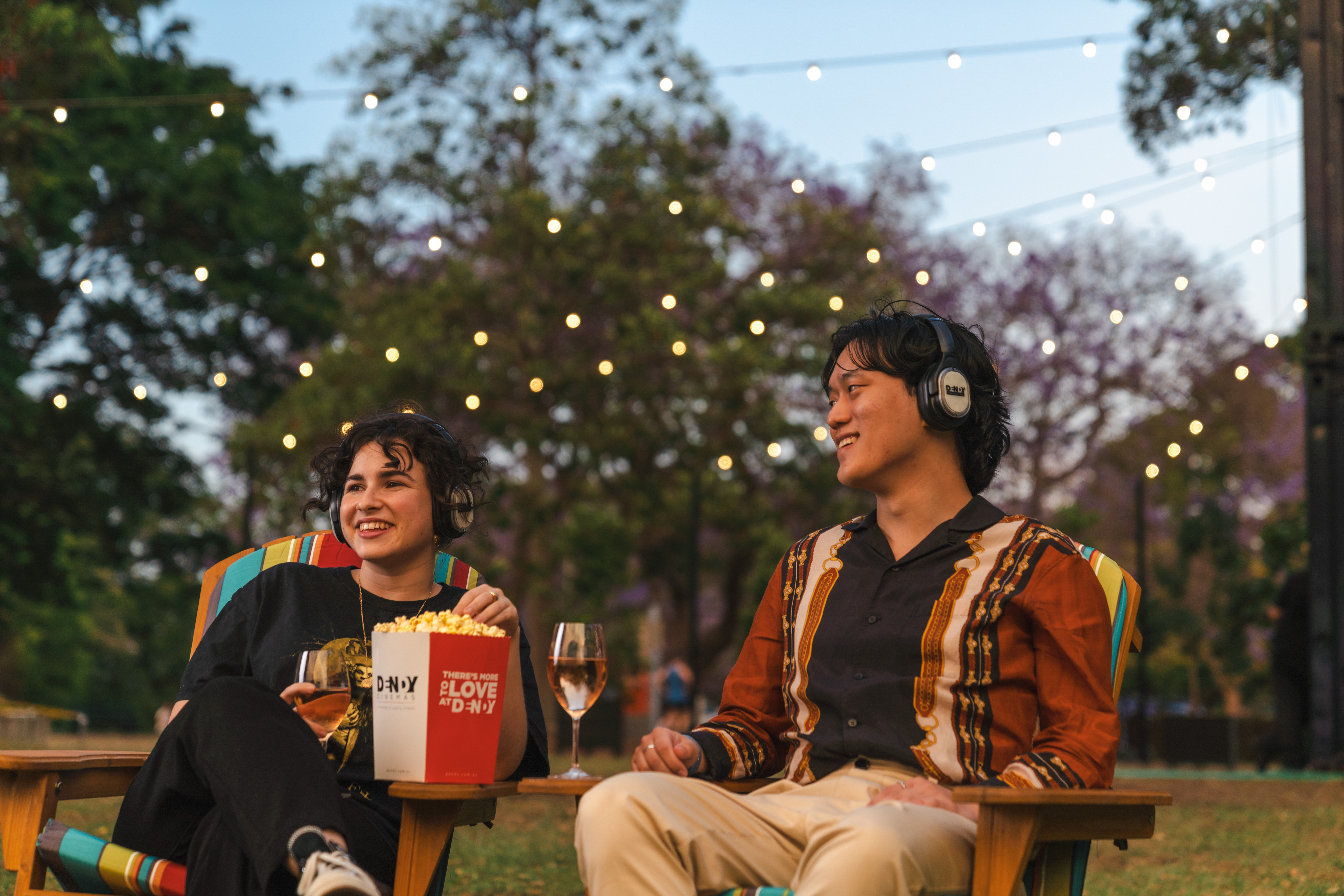Tetris is a gloriously inviting puzzle
Festivals
“What is going on?” We were only a few minutes into Arch8’s show – Tetris – when my young companion leaned across and whispered the question we were probably all thinking.

It was immediately obvious this was going to be an experience that refused to submit to simple labelling.
Four performers, their bodies moving next to, around and on top of each other, were creating contorted, kinetic shapes on the floor in increasingly complicated combinations. We were absorbed from the start.
Tetris might be based on a vintage video game but it’s a low-tech, stripped back, pure movement performance that’s full of life and warmth, and it is often very funny.
Sometimes tricky and tough, at other times reminiscent of children’s rough and tumble play, the action on stage provoked responses ranging from “I could do that!” to “How did they do THAT?”
It’s no surprise Tetris won “Best Show” at Canada’s International Performing Arts for Youth awards in 2016. It certainly lives up to its description of being a performance “for the kids who can’t sit still, for the ones who like to climb the walls, for the ones that like seeing patterns and those who can imagine further than they can see”.
The work was choreographed by Erik Kaiel and originally created in collaboration with De Dansers in Utrecht in the Netherlands. Dutch company Arch8 now tours the work globally. Performing in public spaces as well as theatres, Arch8 specialises in creating shows that encourage audience participation.
While the title of the production serves as a starting point for thinking about this work, it’s not necessary to have any prior knowledge of the game. We had little more than a vague idea of the concept but that was no barrier. Tetris is also accessible to even the youngest audience members (DreamBIG advertises the show as being suitable for those aged five to 12, but it was just as appealing to the older children and adults in the room).

In a bare performance space, with the audience seated on two sides, four performers (occasionally using Rubik’s Cubes as props) move to an electronic soundtrack. They connect with each other in a series of complex physical constructions in a way that is free, open, curious and relaxed.
While coming together and moving apart, they develop a physical language to communicate with each other and us. There are questions posed by Tetris and these work on many levels. How do we fit together? How does what we do and how we do it influence those around us? There’s the joy of experimentation – an attitude of “have a go and see what happens”.
The barriers between those on stage and those of us watching are lowered from the start when door staff encourage us to take photos and sit as close to the performers as possible. My small friend was initially reluctant to sit near the front, and stated firmly that he wouldn’t be going onto the stage. When the opportunity finally arose, however, he sprung out of his seat with no hesitation.
There was a skilful build-up to this moment – the performers gave us multiple chances to engage with them as they moved in and out of the audience. It was exciting and enticing, and by the time we were gently invited to take part there was no trouble finding people to join the performers on stage.

Get InReview in your inbox – free each Saturday. Local arts and culture – covered.
Thanks for signing up to the InReview newsletter.
Well, what was going on? Dance, but not just dance. Acrobatic prowess, but so much more than a mere gymnastics routine. Tetris is a gloriously inviting puzzle that pulled us in with its exploration of how we connect with the world around us.
Tetris was presented as part of the DreamBIG Children’s Festival. The Adelaide season at the Space Theatre has now finished. There are remaining regional dates in Mt Gambier (Sir Robert Helpmann Theatre, May 30) and Renmark (Chaffey Theatre, June 1).
Support local arts journalism
Your support will help us continue the important work of InReview in publishing free professional journalism that celebrates, interrogates and amplifies arts and culture in South Australia.
Donate Here






Comments
Show comments Hide comments